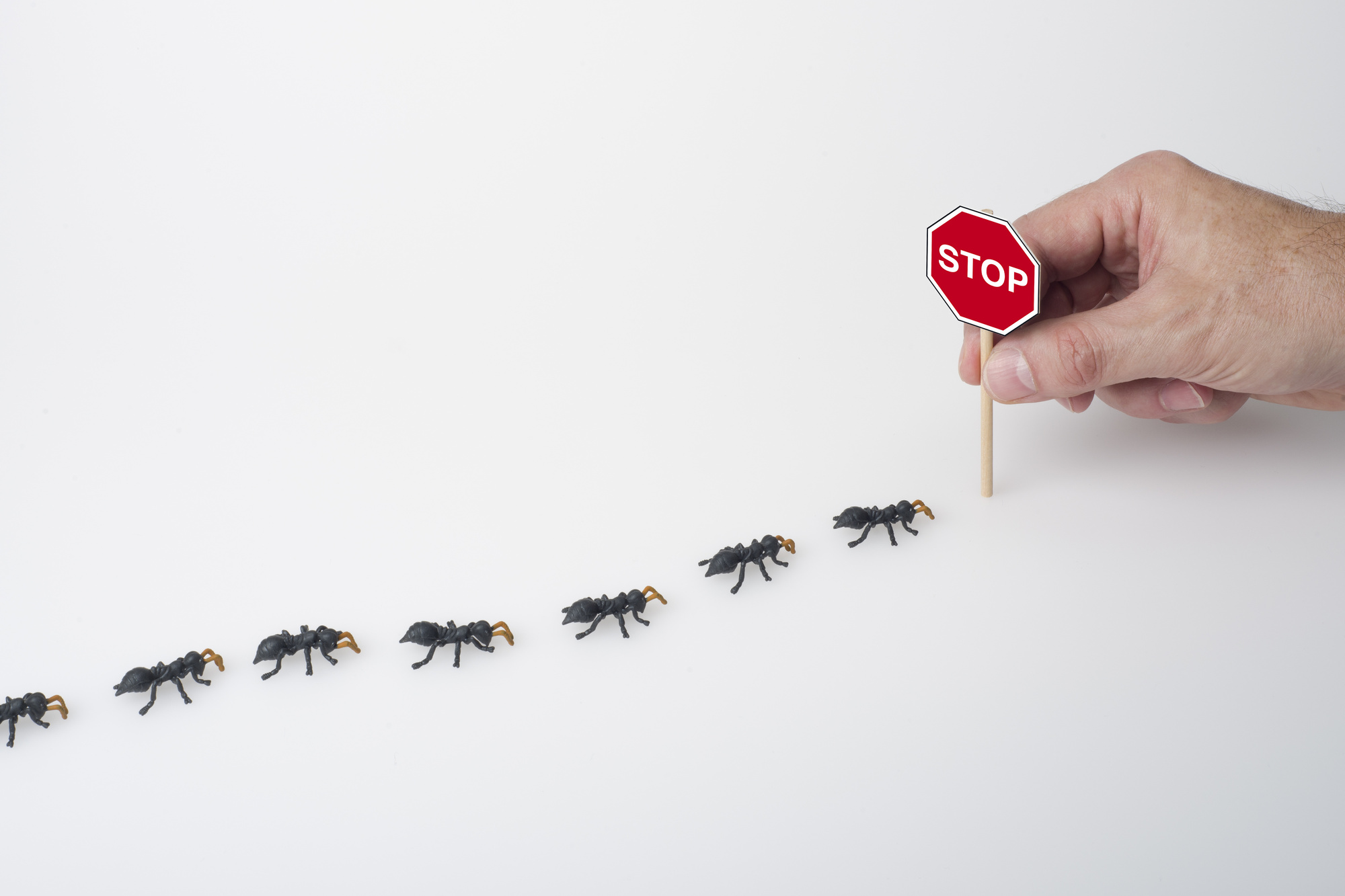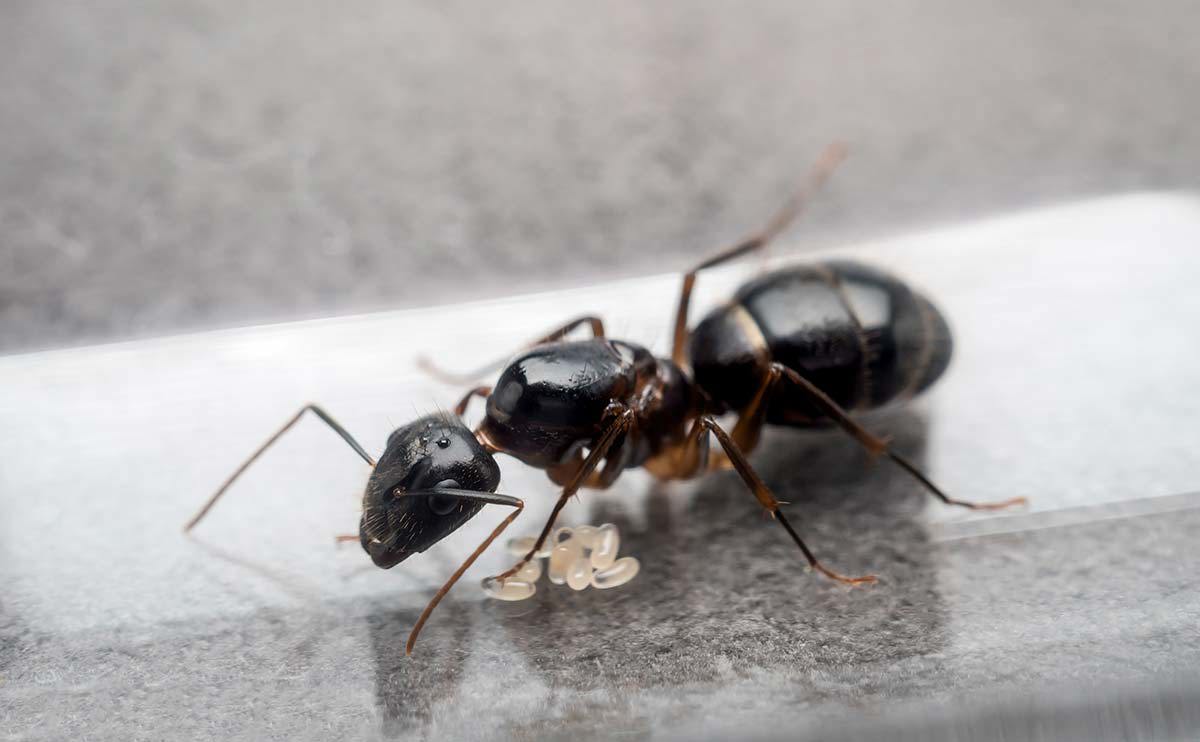Ecological Effect of Parasite Control: Harmonizing Effectiveness With Sustainability
The environmental effect of parasite control is an essential concern that requires a fragile balance in between attaining performance in handling bugs and guaranteeing sustainability of our ecosystems. As we aim to safeguard our plants, homes, and health from the threats positioned by parasites, the methods we utilize can accidentally harm the setting. From the usage of damaging chemicals that permeate right into our dirt and water to the unplanned effects on non-target varieties, the consequences of standard insect control practices are far-ranging. There are arising techniques that use hope for a much more sustainable technique to pest administration. These services not just goal to resolve the prompt bug problems yet additionally take into consideration the long-term wellness of our earth.
Damaging Chemicals in Parasite Control
The utilization of damaging chemicals in insect control positions considerable environmental and health and wellness risks that warrant careful consideration and mitigation techniques. Herbicides, pesticides, and pesticides are frequently used to eliminate parasites, however their prevalent application can cause unintended repercussions. These chemicals can contaminate soil, water sources, and the air, influencing not just the targeted parasites however also useful bugs, wildlife, and humans.

To resolve these risks, incorporated bug monitoring (IPM) strategies are being advertised as a more sustainable option. IPM entails a combination of approaches such as biological control, habitat manipulation, and the targeted use chemicals as a last hope (ant control mooresville nc). By embracing an alternative approach to pest control, we can reduce the ecological and health and wellness effects connected with dangerous chemicals while effectively managing pest populaces
Effect On Non-Target Species
Taking into consideration the unintentional repercussions of pest control techniques, the influence on non-target varieties is a critical element that requires thorough analysis. While pest control measures intend to target certain bugs, other microorganisms in the ecological community might be unintentionally impacted. Non-target species, including helpful insects, birds, creatures, and even plants, can experience indirect or straight harm from chemical applications or organic control techniques.
Pesticides can have lethal or sub-lethal results on non-target varieties. For instance, insecticides created to combat a particular bug pest may hurt pollinators like bees or all-natural predators such as ladybugs. Additionally, chemical deposits can gather in the setting, influencing non-target microorganisms gradually. Biological control agents, if not species-specific, can pose dangers to unplanned targets, interrupting the eco-friendly balance.
To mitigate the influence on non-target varieties, integrated pest management (IPM) methods that highlight an all natural technique to pest control are suggested. These techniques prioritize making use of eco-friendly methods, reducing harm to helpful organisms while successfully handling pest populaces. Carrying out complete danger assessments and checking the outcomes of pest control efforts are crucial actions in guarding non-target species and advertising general community health.
Soil and Water Contamination
Unexpected ecological repercussions of pest control methods extend past influencing non-target varieties, with considerable effects for dirt and water contamination - ant control services. Pesticides, herbicides, and chemical plant foods used in bug control can seep into the dirt and contaminate groundwater, presenting a risk to both aquatic and terrestrial communities.
Water contamination is an additional critical concern connected with pest control techniques. Drainage from farming areas treated with pesticides can carry these chemicals right into neighboring water bodies, impacting aquatic organisms and water high quality. Pollutants in water resources can have significant repercussions, affecting not only aquatic life yet also human health and wellness via the intake of polluted water or aquatic microorganisms. To alleviate soil and water contamination from bug control tasks, incorporated parasite administration strategies that prioritize sustainability and decrease chemical inputs are essential.
Air Air Pollution From Chemical Usage
Direct exposure to air-borne pesticides during agricultural applications postures a substantial issue for air contamination control procedures. Furthermore, pesticide drift, where pesticides are lugged by the wind to unintended areas, can lead to the contamination of neighboring ecosystems and water bodies.

Methods for Lasting Bug Control
In the world of agricultural practices, carrying out sustainable insect control strategies is extremely important for maintaining eco-friendly balance and protecting plant yields. Sustainable parasite control emphasizes the use of eco-friendly methods to manage bug populaces efficiently while minimizing damage to non-target organisms and ecological communities. Integrated Pest Administration (IPM) is an extensively adopted technique that combines organic, social, physical, and chemical control approaches to achieve lasting pest management services.
Plant rotation and diversity are also reliable strategies to disrupt pest life cycles and develop less favorable conditions for parasites to prosper. Inevitably, by integrating these lasting bug control techniques, farmers can attain an equilibrium between pest management efficiency and environmental stewardship.
Verdict
In conclusion, the environmental influence of pest control techniques should be thoroughly thought about to stabilize efficiency with sustainability. Damaging chemicals used in pest control can cause soil and water contamination, air contamination, and damage non-target types - ant control services. It is important to implement lasting check it out parasite control strategies to lessen these adverse results on the atmosphere and promote a healthier ecosystem for future generations
By taking on an alternative technique to pest control, we can reduce the environmental and health influences associated with damaging chemicals while successfully handling pest populaces.

To mitigate the air pollution created by pesticide usage, it is essential to embrace integrated insect administration approaches that prioritize the use of non-chemical parasite control methods, such as crop turning, all-natural killers, and immune crop selections. Sustainable pest control stresses the use of ecologically pleasant approaches to manage pest populations effectively while minimizing injury to non-target organisms and communities. Integrated Insect Management (IPM) is a widely adopted strategy that incorporates biological, cultural, physical, and chemical control methods to attain long-lasting bug administration solutions.